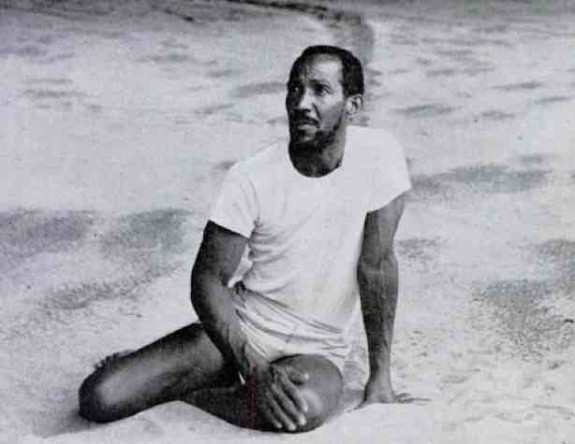The story of Bernard Wheatley (1919-1991) is notable because he was a black American and a physician, but left his career and contacts to move to Hawaii and become a hermit. He cited Jesus and Buddha as his main inspirations, but other psychological motives underlie his decision to quit society and live in solitude. Wheatley’s life is described in an article in Ebony Magazine, December, 1959, reprinted by Hermitary from Google Books.
URL: http://www.hermitary.com/articles/wheatley.html




